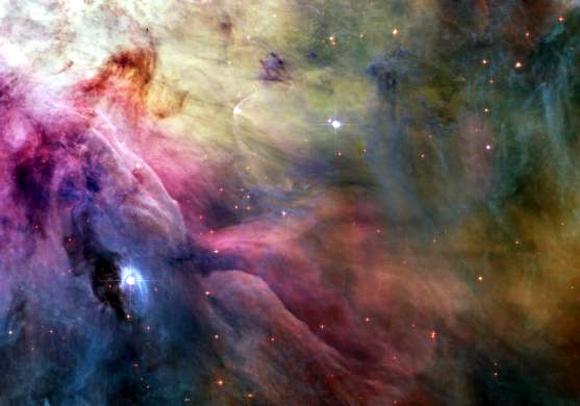
The Hubble Space Telescope, which was carried into orbit in 1990, orbits outside the distortion of Earth's atmosphere allowing it to take extremely sharp images with almost no background light.
Click NEXT to see more stunning images...
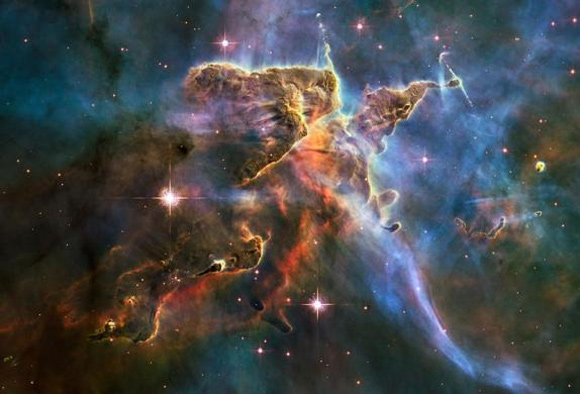
The tempestuous stellar nursery called the Carina Nebula, located 7,500 light-years away from Earth in the southern constellation Carina.
Click NEXT to see more PHOTOS...
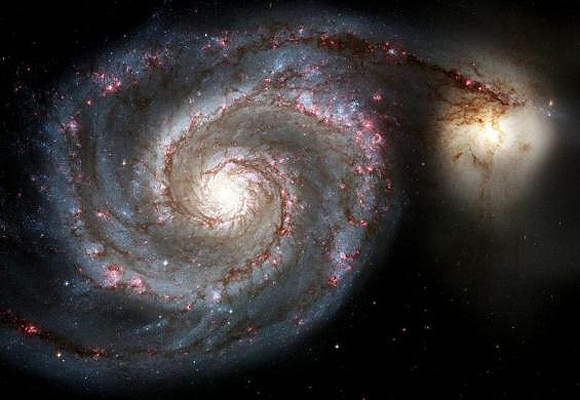
A view of the Whirlpool Galaxy's curving arms where newborn stars reside and its yellowish central core that serves as home for older stars.
Click NEXT to see more PHOTOS...

An image of a small region within a hotbed of star formation M17, also known as the Omega or Swan Nebula, located about 5,500 light-years from Earth in the constellation Sagittarius.
Click NEXT to see more PHOTOS...

An image of the Eagle Nebula reveals a tall, dense tower of gas being sculpted by ultraviolet light from a group of massive, hot stars.
Click NEXT to see more PHOTOS...
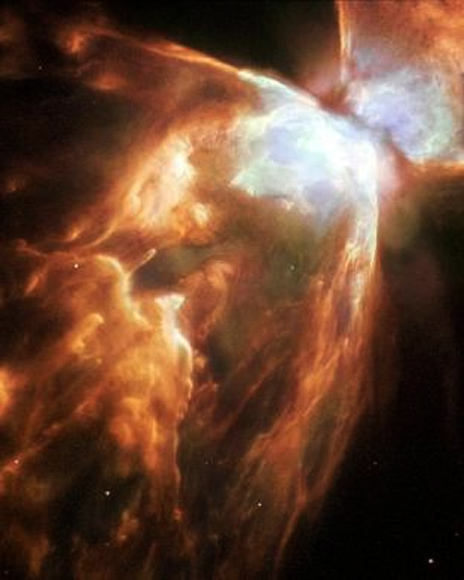
An image of the Bug Nebula shows impressive walls of compressed gas, laced with trailing strands and bubbling outflows. A dark, dusty torus surrounds the inner nebula (seen at the upper right). At the heart of the turmoil is one of the hottest stars known.
Click NEXT to see more PHOTOS...
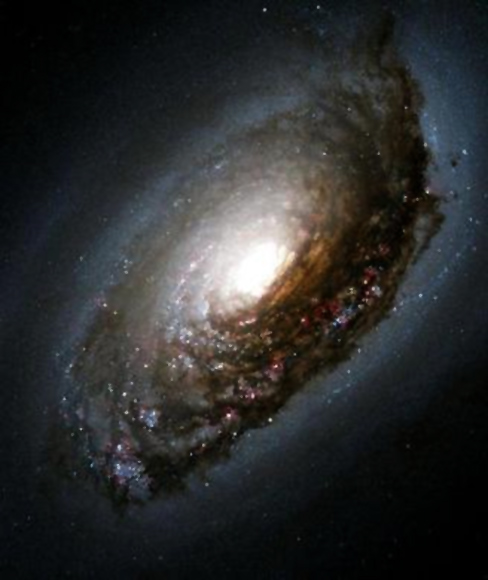
The "Black Eye" galaxy, so named because an ancient cosmic smashup produced a dark ring and a roiling, conflicted interior. What looks like a black eye in the image is actually a dark band of dust that stands out vividly in front of the galaxy's bright nucleus.
Click NEXT to see more PHOTOS...
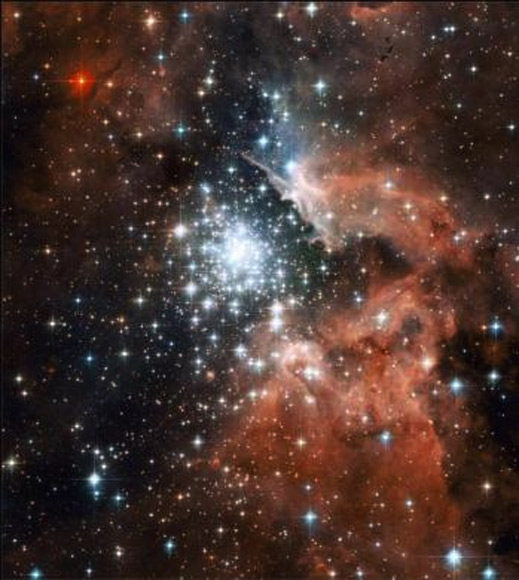
An image shows a giant star-forming nebula with massive young stellar clusters.
Click NEXT to see more PHOTOS...
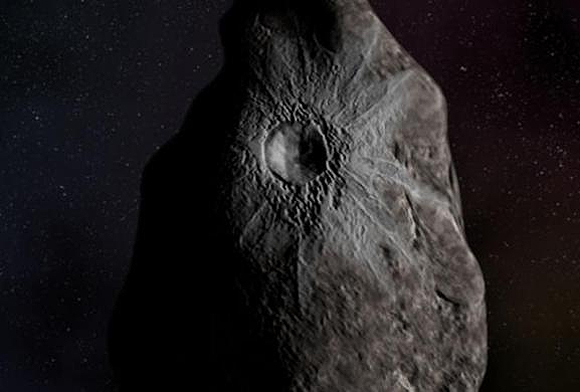
Image taken from Hubble space telescope shows a crater on an object called 8405 Asbolus, a 48 mile-wide chuck of ice and dust that lies between Saturn and Uranus. Astronomers using the telescope found what looks like a fresh water crater less than 10 million years old, exposing underlying ice that is apparently unlike any yet seen.
Click NEXT to see more PHOTOS...
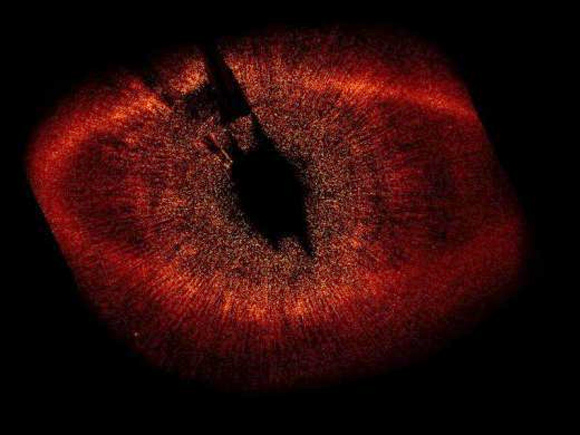
The first visible-light snapshot of a planet circling another star. Estimated to be no more than three times Jupiter's mass the planet, called Fomalhaut b, orbits the bright southern star Fomalhaut, located 25 light-years away.
...